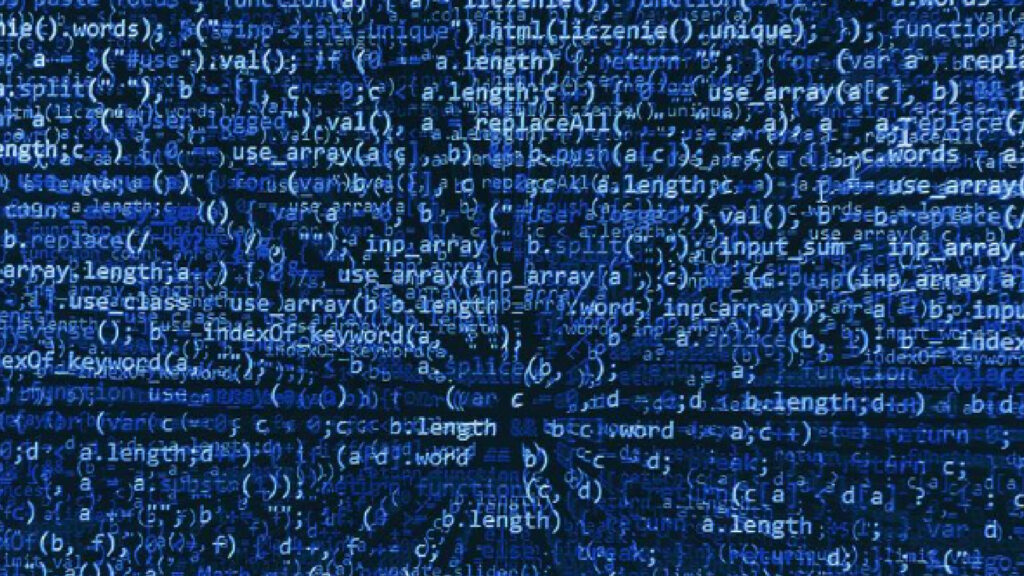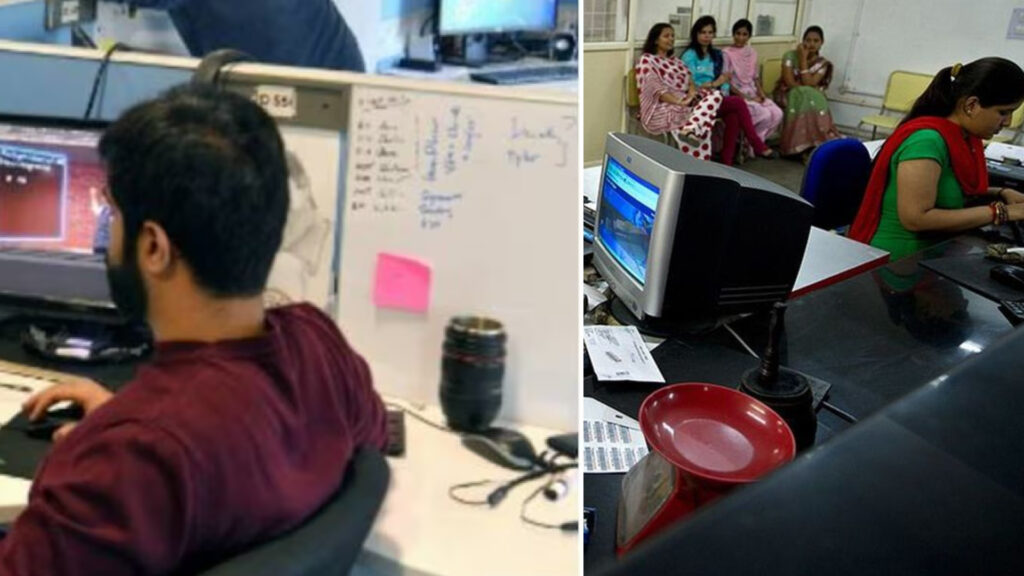How to Code: 7 Powerful Tips to Master Coding Fast
How to code is a question on the minds of many aspiring developers today. With the tech world growing rapidly, more and more people want to dive into programming but often feel overwhelmed. The good news? You don’t need to pay for expensive bootcamps or university courses anymore. Learning to code is more accessible than ever, thanks to a wealth of free resources online.
In this article, I will share how to code effectively as a beginner, offering powerful tips that will help you master programming quickly and efficiently. Along the way, I’ll highlight free platforms and practical learning strategies you can start using immediately. Whether you want to build websites, software, or apps, this guide will help you lay a strong foundation and progress faster.
What Exactly Does How to Code Mean?
Before jumping into learning strategies, it’s important to clarify what how to code really entails. Simply put, coding is writing instructions that a computer can understand and execute. Computers don’t comprehend human language, so we use programming languages as a bridge.
Some popular coding languages include:
- HTML (HyperText Markup Language)
- CSS (Cascading Style Sheets)
- JavaScript
- Python
- Java
- C++
Each language serves different purposes. For example, HTML and CSS focus on structuring and styling web pages, while JavaScript and Python add logic and interactivity. Understanding these nuances will help you know which languages to learn first based on your goals.
Difference Between Coding and Programming
Often, people use “coding” and “programming” interchangeably. However, a subtle difference exists:
- Coding is the act of writing the actual lines of code – the instructions.
- Programming involves broader skills including designing algorithms, using data structures, debugging, and problem-solving.
In essence, programming can be seen as the full process of creating functional software, while coding is a key part of that process. Both are fundamental skills in the journey of learning how to code.
Why You Should Learn How to Code Now
The decision to learn how to code often comes down to tangible benefits. Let’s explore some compelling reasons that underscore why coding skills are invaluable today:
- Boost Problem-Solving Skills: How to Code enhances logical thinking and analytical abilities which apply beyond programming.
- Great Earning Potential: According to the U.S. Bureau of Labor Statistics, software developers earn a median salary of around $120,000 annually, with senior developers hitting six figures and more.
- Job Security and Opportunities: Nearly every industry requires programming expertise, from finance to healthcare, tech, education, and more.
- Flexibility to Work Remotely or Freelance: Many coders work independently or remotely, allowing for a healthier work-life balance.
- Creative Satisfaction: Coding empowers you to create apps, websites, and tools that solve real-world problems.
These reasons alone highlight why investing time in learning how to code is worthwhile.
7 Powerful Tips on How to Code for Beginners
Now, let’s dive into the practical part of mastering how to code. These tips have helped thousands of beginners, myself included, build confidence and skill effectively.
1. Start Small and Build Foundations
Begin with simple languages and concepts. For example, understand how websites work by learning HTML and CSS first. These two languages aren’t “programming” per se, but they’re fundamental.
Once comfortable, move on to JavaScript to learn logic, interactivity, and basic programming concepts like loops, conditionals, and functions.
Tip: Try to write code by hand sometimes. Typing out concepts manually helps retention and deepens understanding.
2. Embrace Learning by Doing
Coding is a skill that improves vastly through practice. Instead of just watching tutorials or reading, actively code every day. Try small projects like:
- Building a personal website
- Creating a simple calculator app
- Automating repetitive tasks with Python scripts
Consistency beats occasional intense study sessions. Even 30 minutes daily can lead to remarkable progress over time.
3. Utilize Free Learning Platforms
Some of the best online resources require $0 investment and offer comprehensive curricula:
- freeCodeCamp: Over 3,000 hours of content covering web development, data science, and algorithms. The interactive challenges and projects reinforce learning deeply.
- MDN Web Docs (Mozilla Developer Network): Trusted documentation for HTML, CSS, and JavaScript that explains concepts clearly and is constantly updated.
- Sololearn: Interactive lessons and a vibrant community make learning engaging, especially if you enjoy social learning approaches.
- YouTube Channels: Channels like Traversy Media and The Net Ninja offer free, high-quality tutorials across all coding levels.
4. Join Coding Communities
Learning coding can be isolating. Joining communities helps you:
- Ask questions and get answers from experienced developers
- Stay motivated by sharing progress
- Find project collaborators and mentors
Platforms like Stack Overflow, GitHub, and Reddit’s r/learnprogramming are great places to start. freeCodeCamp’s forum is also a welcoming space.
5. Learn to Debug and Read Error Messages
Run into bugs? Don’t be discouraged. Debugging is a critical part of learning how to code. Carefully reading error messages and Google searching solutions can teach you more than tutorials.
Learning to troubleshoot limitations in your code builds independence and problem-solving skills, which sets excellent programmers apart.
6. Understand Core Computer Science Concepts
Once comfortable with basic coding, gradually dive into concepts like:
- Data structures (arrays, linked lists, trees)
- Algorithms (sorting, searching)
- Big-O notation (time and space complexity)
These might seem daunting but are the backbone of efficient programming. freeCodeCamp and other platforms offer beginner-friendly lessons on these.
7. Build Real-World Projects
Applying your skills by building tangible projects will cement your learning. Ideas include:
- A portfolio website showcasing your projects
- A To-Do list app using JavaScript
- Simple games like Tic Tac Toe or Snake
- Automation scripts for personal use
Projects develop problem-solving creativity and can also impress potential employers.
Additional Strategies to Accelerate Learning How to Code
Focus on Problem-Solving Platforms
Websites like LeetCode, HackerRank, and CodeWars offer coding challenges tailored to all levels. These platforms improve your logical and algorithmic thinking and prepare you for technical interviews.
Learn Version Control Early
Git and GitHub are essential tools for any developer. They allow you to track changes in your code, collaborate with others, and host your projects online. Many tutorials cover Git basics, so start practicing early.
Set Realistic Goals and Track Progress
Effective learning depends on clear goals. Examples include:
- Finish freeCodeCamp’s Responsive Web Design module in 2 weeks
- Create a JavaScript mini-project every week
- Solve 3 algorithm challenges daily
Tracking progress helps maintain motivation and measure improvement.
Debunking Myths About Learning How to Code
Many beginners hesitate because of widely misunderstood notions:
- Myth: You need a formal degree to code well.
Truth: Millions work as successful developers with self-taught backgrounds. - Myth: Coding is too difficult to learn.
Truth: With consistent practice and right resources, anyone can learn coding. - Myth: You must start with the hardest language.
Truth: Start small, build up gradually—no one masters C++ on day one.
Your Journey on How to Code
So, how to code? It’s a journey filled with exploration, persistence, and curiosity. Technology continuously evolves, but a solid foundation in coding principles and problem-solving will keep you adaptable. Remember these key takeaways:
- Start with beginner-friendly languages like HTML, CSS, and JavaScript.
- Practice daily through real projects and challenges.
- Leverage free resources such as freeCodeCamp, MDN, and YouTube.
- Engage with communities to learn collaboratively.
- Don’t shy away from debugging—it’s a critical learning step.
By following these steps, you will transform from a novice to a confident coder, opening doors to fulfilling career opportunities and creative expressions. The world of programming awaits you; all you need to do is take the first step.
Ready to learn how to code today? Jump into one of the free platforms mentioned earlier and start your first coding project now.
If you found this article helpful, do say Thanks—it means a lot to the author!













